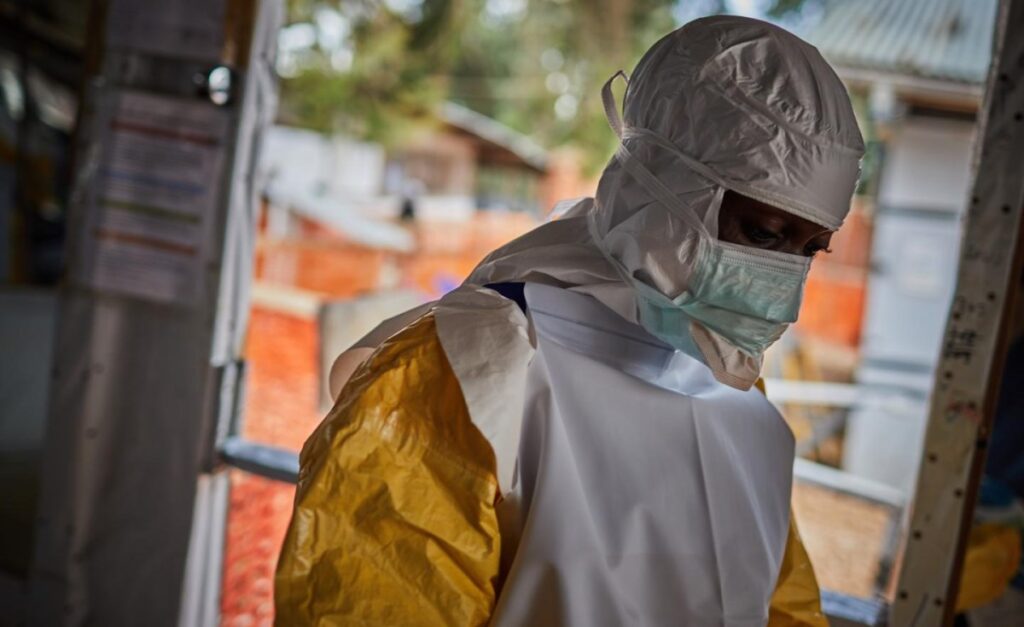Brazzaville — The Ebola outbreak response efforts in the Democratic Republic of the Congo are beginning to slow down the spread of the virus. Cases reported over the past three weeks are showing early signs of a downward trend. However, maintaining and ramping up control measures remain critical in stopping the outbreak.
In the week ending on 28 September 2025, seven cases, including six confirmed and one probable were reported from Bulape Health Zone in Kasai Province, a decline compared with the previous week when 11 confirmed cases were reported. Since 30 September 2025, no new cases have been reported. As of 1 October, a cumulative total of 64 cases (53 confirmed, 11 probable) including 42 deaths had been reported. The outbreak remains localized in Bulape.
Significant progress has been made over the past three weeks in strengthening all aspects of the Ebola response. As of 1 October, 97% of the more than a thousand contacts listed were monitored; an increasing number of alerts are being received and promptly investigated, suggesting a stronger disease surveillance system; clinical care is being enhanced, with the treatment centre in Bulape health zone—the epicentre of the outbreak—being expanded to a 44-bed capacity facility. Infection prevention and control measures, as well as community engagement have also been bolstered.
So far, more than 8000 frontline health workers, contacts of confirmed cases as well as their contacts have been vaccinated. A new vaccination strategy is now underway, aiming to administer 18 000 doses in 19 localities in Bulape to protect populations at risk and help halt the spread of the virus.
Keep up with the latest headlines on WhatsApp | LinkedIn
“The early signs of progress are encouraging and underscore the need to sustain and intensify the life-saving measures,” said Dr Mohamed Janabi, World Health Organization (WHO) Regional Director for Africa. “Every day without a case and every recovered patient moves us closer towards ending the outbreak.
WHO, the Africa Centres for Disease Control and Prevention, UNICEF, ALIMA, Médecins Sans Frontières, IFRC, Red Cross, and other partner organizations are working closely with the government to ensure swift and effective outbreak control.
Continued efforts remain crucial to enhancing response operations in hotspots and sustain the progress. Additional financial resources are also needed to further bolster the response. A Regional Strategic Preparedness and Response Plan has been launched, with partner organizations requiring around US$ 66.6 million to contribute to the National Response Plan.
The response plan aims to strengthen preparedness capacities and build long-term resilience in the health system, particularly in areas such as water and sanitation, cold-chain facilities, laboratory capacity and human resources.


